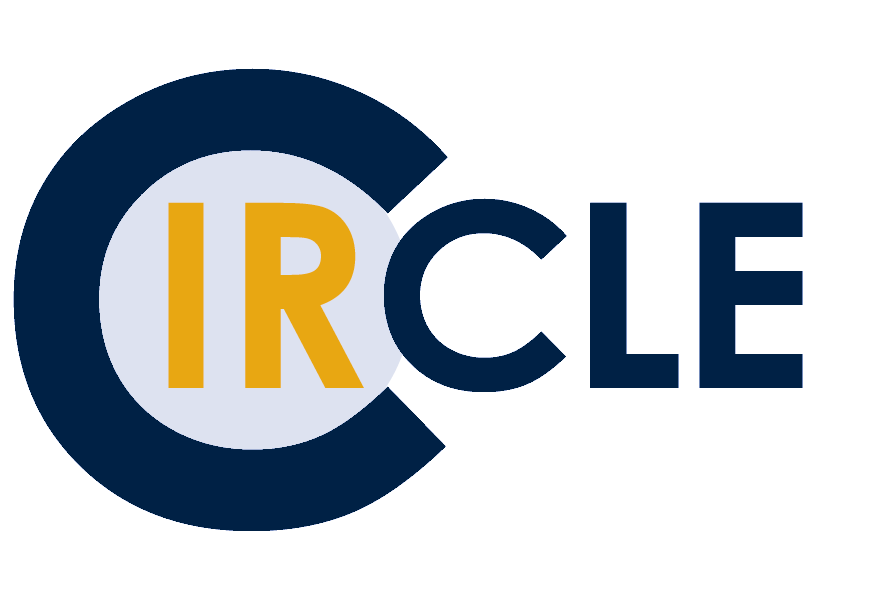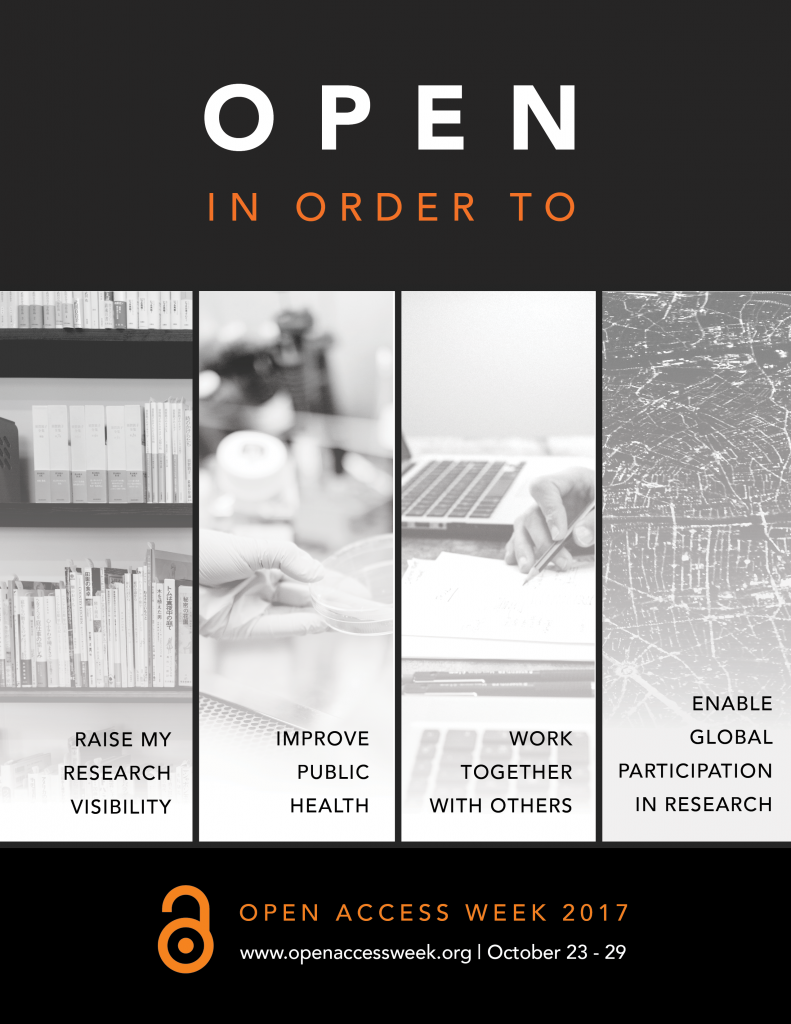Above image is courtesy of SPARC
In the News: UBC and Abroad
BCcampus, BCIT, SFU, UBC CTLT and UBC Library celebrate International Open Access Week 2017
A BC collaborative event, in celebration of this global movement now in its 10th year, will be happening at BCIT’s downtown campus location tonight.
The event theme, Tension and Risk in Open Scholarship: A Conversation: 2017-10-26, will address not only the “benefits and opportunities of open access but also a recognition that openness can sometimes create unintended consequences for individuals and communities”.
Learn more
Explore Open Access Week at UBC
______
Building a Sustainable Knowledge Commons – COAR (Confederation of Open Access Repositories)
COAR just released an animated infographic highlighting the five prerequisites for a sustainable knowledge commons
About COAR
An international association comprised of 100+ global members and partners (representing libraries, universities, research institutions, government funders and others) aims to build a sustainable, global knowledge commons based on a network of open access digital repositories.
Download the PDF
______
Examples of open access in action
What concrete benefits can be realized by making scholarly outputs openly available?
Check out SPARC’s new site highlighting 16 examples of the concrete benefits of making research open.
Learn more
About SPARC
A global coalition committed to making Open the default for research and education.
______
Open access: six myths to put to rest
What are the six most common misconceptions about open access?
Test your knowledge courtesy of Peter Suber (Director of the Harvard Office for Scholarly Communication and author of Open Access (MIT Press, 2012).
Myths:
- The only way to provide open access to peer-reviewed journal articles is to publish in open access journals
- All or most open access journals charge publication fees
- Most author-side fees are paid by the authors themselves
- Publishing in a conventional journal closes the door on making the same work open access
- Open access journals are intrinsically low in quality
- Open access mandates infringe academic freedom
Uncover the facts here
______
Open Access at the Natural History Museum, London
In 2017, the Natural History Museum in London signed the International Open Data Accord (joining the growing number of museums) in publishing their collection databases and digital reproductions online. This undertaking is “part of its five-year plan to build a Museum for the future” by combining the expertise and skills from museum scientists, librarians, and archivists to create and digitize electronic records, making them openly accessible to all. So far, there are 3.8 million specimens already digitized and accessible via the Museum’s Data Portal comprised of the Museum’s research and collections data.
Learn more

